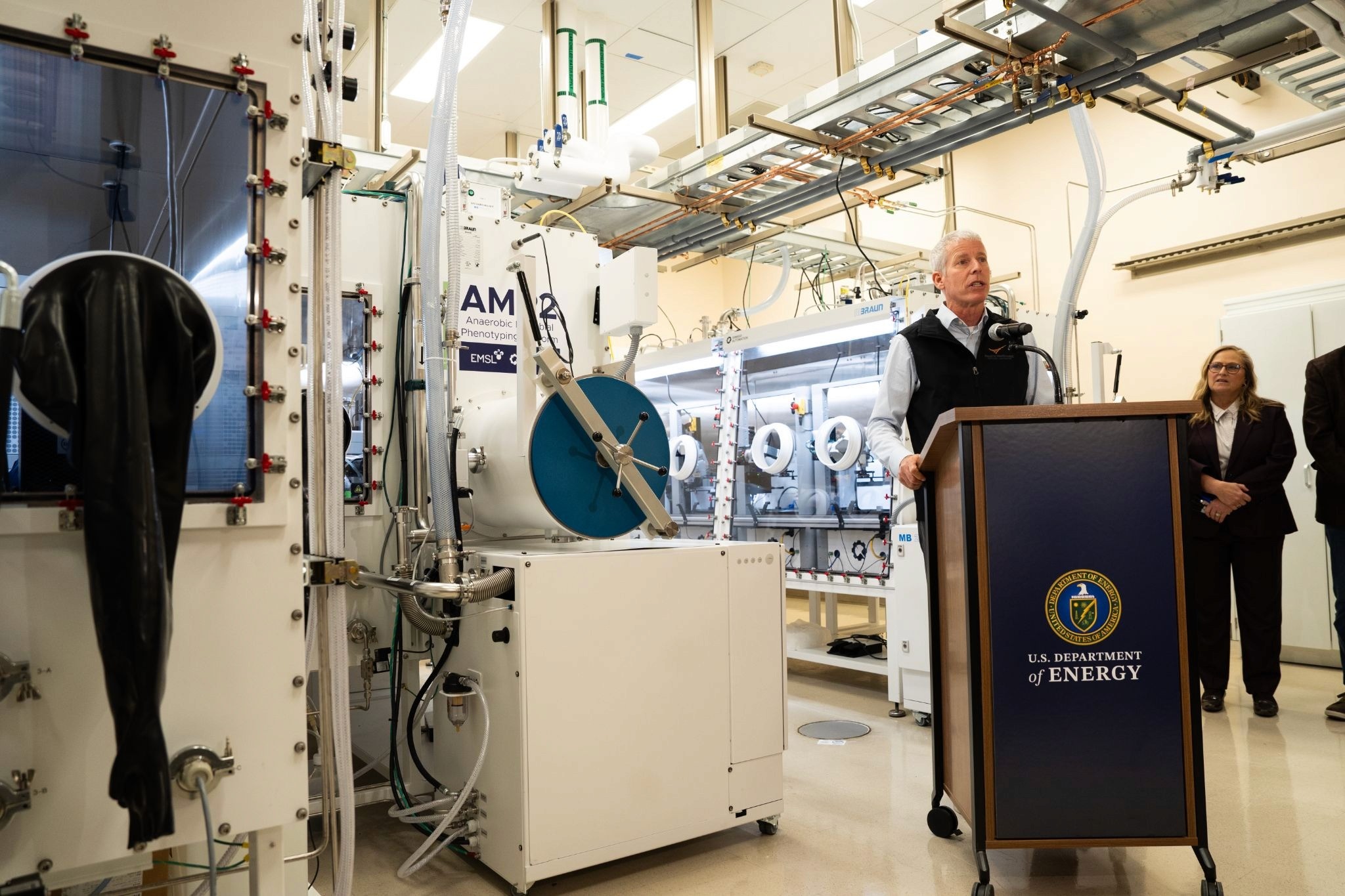Engineered Human Therapies
Innovative Use of mRNA and CAR-T Therapy Offers Hope for Myasthenia Gravis Patients
In a promising breakthrough in treating myasthenia gravis, a disruptive autoimmune disorder affecting the nervous system, scientists are deploying a variant of CAR-T, a potent immunotherapy typically used to combat advanced blood cancer
Jun 23, 2023
Image by Canva
In a promising breakthrough in treating myasthenia gravis, a disruptive autoimmune disorder affecting the nervous system, scientists are deploying a variant of CAR-T, a potent immunotherapy typically used to combat advanced blood cancer. The results of an early-stage clinical trial published in The Lancet Neurology suggest that this modified treatment may offer lasting relief for patients suffering from myasthenia gravis without inducing severe side effects.
This pioneering research, backed by a small business grant from the National Institute of Neurological Disorders and Stroke (NINDS), part of the National Institutes of Health, was driven by Cartesian Therapeutics, based in Gaithersburg, Maryland.
"Repurposing a groundbreaking therapy such as CAR-T to potentially treat a neurological disorder shows the versatility of immunotherapies in instances where there are limited to no treatment options,” commented Emily Caporello, PhD, the director of the NINDS Small Business Program.
Myasthenia gravis often materializes when the immune system assaults a protein essential for nerve cells to communicate with muscles. This typically results in chronic muscle weakness, which can temporarily alleviate after periods of rest, but tends to escalate after activity. The present treatment regimen primarily aims to control these symptoms.
“MG-001 was a prospective, multicenter, open-label, phase 1b/2a study of Descartes-08, an autologous anti-BCMA rCAR-T therapy, in adults (ie, aged ≥18 years) with generalized myasthenia gravis and a Myasthenia Gravis Activities of Daily Living (MG-ADL) score of 6 or higher, the authors wrote. “The study was done at eight sites (ie, academic medical centers or community neurology clinics) in the USA. Lymphodepletion chemotherapy was not used. In part 1 (phase 1b), participants with Myasthenia Gravis Foundation of America (MGFA) disease class III–IV generalized myasthenia gravis received three ascending doses of Descartes-08 to determine a maximum tolerated dose. In part 2 (phase 2a), participants with generalized myasthenia gravis with MGFA disease class II–IV received six doses at the maximum tolerated dose in an outpatient setting. The primary objective was to establish the safety and tolerability of Descartes-08; secondary objectives were to assess myasthenia gravis disease severity and biomarkers in participants who received Descartes-08.”
The small-scale study involved 14 participants with generalized myasthenia gravis who received varying doses of Descartes-08. The treatment was found to be promising in mitigating myasthenia gravis symptoms. Despite its potential, further clinical trials are necessary to understand its effectiveness fully.
“What we saw were deep, durable responses to Descartes-08 that persisted for at least six months following treatment,” revealed Murat V. Kalayoglu, MD, PhD, president and CEO of Cartesian Therapeutics. “We have now begun a larger randomized, placebo-controlled study, which is the first of its kind for an engineered adoptive cell therapy.”
Typically, CAR-T therapy involves harnessing a patient's T-cells—crucial soldiers in the immune system's defense mechanism—and reprogramming them to attack a specific target. While in the case of blood cancers, the target is the cancer itself, for myasthenia gravis, the target is the faulty cells generating damaging antibodies.
However, such innovative therapies carry certain risks. Standard CAR-T therapies, which reprogram T-cells with DNA, may cause serious side effects. In response, Cartesian Therapeutics has innovatively employed messenger RNA (mRNA) to reprogram the T-cells in the Descartes-08 therapy, which could result in fewer side effects.
Descartes-08 is currently being tested in a larger clinical trial, which will also include a placebo group, to validate its efficacy and potential in reducing myasthenia gravis symptoms.


















